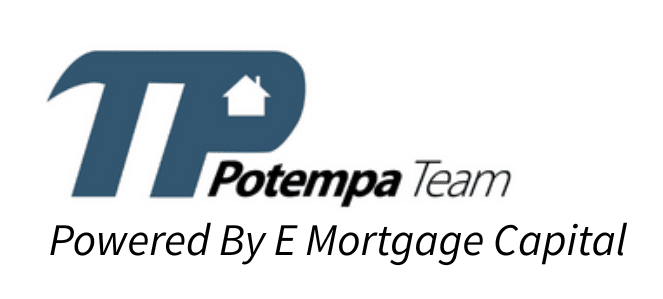Flipping houses is a viable option if you want to make money from real estate without managing rental properties. The process is fairly simple. You buy a home, fix it up, and then sell it to someone else as quickly as possible, limiting the total cost of ownership and allowing you to profit much faster than you would if you purchased a rental property. Keep reading to learn more about the types of loans available for buying and renovating your investment properties.
Conventional Loans
Investors and professionals looking to purchase a home with good credit and a small down payment can benefit from conventional loans. You’ll need to prove to a bank that you can make your mortgage payments on time in order to qualify for a conventional loan. In order to qualify, you must have a credit score of at least 670, without a history of foreclosure or bankruptcy. Furthermore, you must have a low debt-to-income ratio (no more than 43%) and put down at least 3% of the purchase price. Additionally, the property you’re buying must be in livable condition, with no major repairs needed.
Home Equity Loans
If you already own a home and have a substantial amount of equity, consider taking out a home equity loan. This type of loan uses your equity—the current value of your home minus the balance on your mortgage—as collateral. One advantage of this type of loan is that you can pay it back for up to 30 years. If it takes a while to flip a property, it eliminates the need to worry about having to repay a short-term loan within a matter of months. Another advantage of home equity loans is that they typically have lower interest rates than other types of loans, minimizing your out-of-pocket costs.
Bridge Loans
The bridge loan is a convenient way to secure quick funding in a time-sensitive situation. These loans usually have a short term and a high interest rate compared to other forms of financing. However, they can be a viable solution when you need to bridge the gap between when you need money and when you can get a longer-term loan. After the bridge loan is paid off, the funds from the longer-term loan are used to pay off the longer-term loan.
Home Equity Lines of Credit (HELOCs)
Despite their similar names, there are some significant differences between a home equity loan and a home equity line of credit (HELOC). With a home equity loan, you get a single lump sum and pay it back over time. Home equity loans also have fixed interest rates. If you open a HELOC, you get a line of credit that allows you to withdraw funds whenever you need them. Like a credit card, a HELOC has a limit that prevents you from spending more than a certain amount of money. In most cases, HELOCs also have adjustable interest rates based on market conditions.
Opening a HELOC has several advantages if you’re interested in flipping houses. Once you have a line of credit, you can use the funds for anything you want, including flooring, plumbing fixtures, appliances, and labor costs, making it easier to fix a property before putting it on the market. You only pay interest on your spending, which helps keep your costs low. The less you spend during the renovation process, the more profit you stand to make.
Preparing to Apply for Financing
After you determine which loan best fits your needs, you’ll have to apply for financing. Lending requirements vary based on the type of loan and the lender you select. Still, banks, credit unions, and private investors typically want to see that you have a good credit history and a reliable source of income. To make the application process as simple as possible, follow these tips:
- Document your income carefully. If you have a full-time or part-time job, keep copies of your W-2 forms to show lenders how much you earn each year. Independent contractors should retain copies of 1099 forms, profit-and-loss statements, and other documents showing how much income they have each month.
- Maintain good financial habits. You have a better chance of qualifying for financing if you have a high credit score and a low debt-to-income ratio.
- Keep your Social Security card, photo ID, and other identification documents where you can find them. You may need to confirm your identity during the application process.
The Potempa Team has experienced professionals ready to find you just the right loan for house flipping. To take advantage of our knowledge and expertise, contact us at (855) 421-2753.





